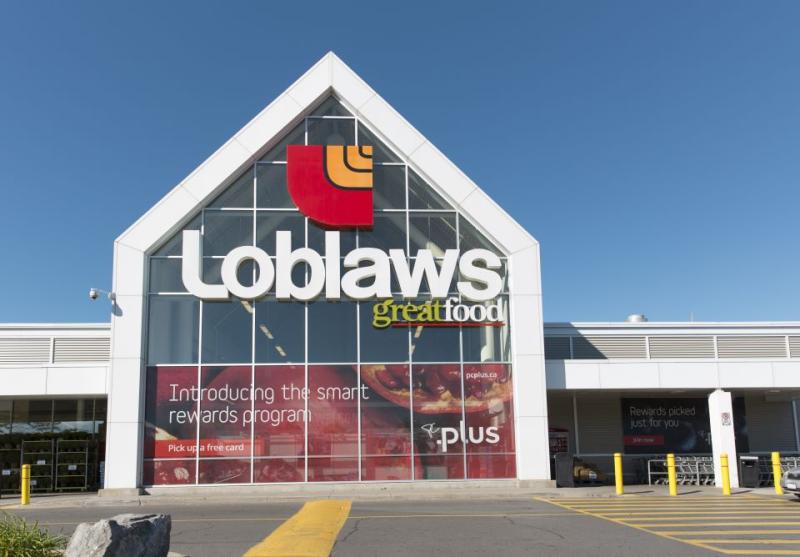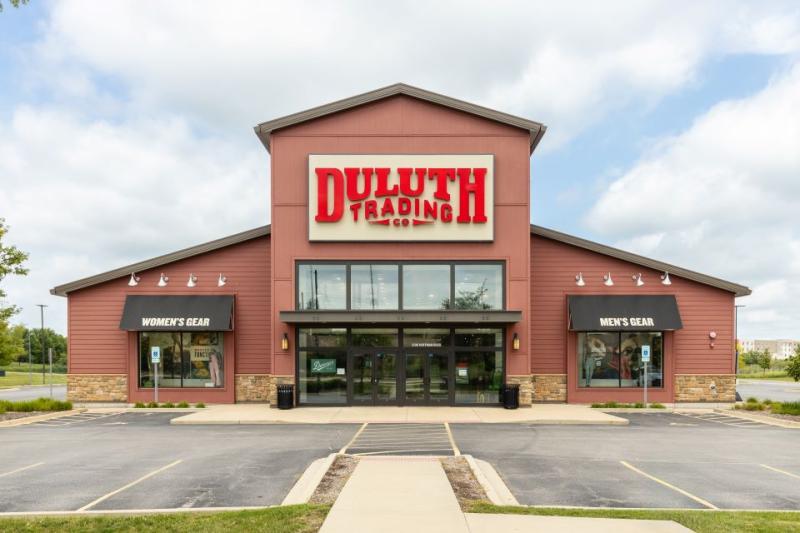The Latest Round of Tech Investments From Pacsun, Loblaws, Heinen's, and More
Several major retailers have released investment news this week, focusing on areas such as inventory management to IT infrastructure. Among the companies making significant changes are Pacsun, Loblaw, Heinen's, Duluth Trading Company, and Denver’s Choice Market.
Pacsun
The apparel company is overhauling its fulfillment operations by leveraging advanced inventory management and logistics technology. Pacsun will be focusing its efforts on a 2,000 square-foot Ohio fulfillment facility, which implements advanced sortation, moving over its management to optimize efforts.
The company is working with logistics and commerce platform Cart.com, implementing tech-enabled 3PL services powered by predictive analytics that provide real-time visibility into inventory.
Russell Bowers, chief operating officer and chief financial officer of Pacsun, said the partnership will help Pacsun enhance its efficiency and increase customer satisfaction.
Loblaws
Canada-based food and pharmacy retailer Loblaws is modernizing its IT infrastructure, moving its on-premises database footprint to a cloud-based service called OCI to efficiently scale operations, particularly across its loyalty program.
The company reports up to 35% improvement rate in performance so far after working with Oracle on the initiative.
"It was extremely important for us to minimize risk during the move to the cloud," said David Markwell, chief technology and analytics officer, Loblaws, in a statement. "OCI had the proven experience of running databases at this scale in the cloud which made them the right choice for this work."
Heinen's
Grocery retailer Heinen's is tapping an inventory management platform to improve inventory accuracy, lower shrink, and elevate efficiency across e-commerce operations.
Working with Afresh, the company can have multiple users taking inventory simultaneously, alerting them of any suspected errors in real-time. Additionally, corporate teams gain visibility into store-specific inventory guides.
“Because it’s so intuitive, our associates didn't fight change, and they recognized the benefits of the shrink and the labor efficiencies. The training time to bring them up and running was unbelievably short,” said Rick Fink, VP of supply chain at Heinen's, in a statement.
Duluth Trading Company
Apparel and accessory retailer Duluth Trading Company is implementing warehouse management technology at its new distribution and fulfillment center in Georgia. By automating several tasks, the retailer will help support growth across e-commerce efforts and its 65 brick-and-mortar locations.
The company is working with Manhattan Associates Inc., investing $53 million to implement a cloud-native solution that will optimize operations and allow Duluth Trading Company to better handle larger order volumes and reduce turnaround time.
The company expects the effort to help achieve its goal of at least $1 billion in sales by 2025.
Choice Market
The Denver-based food retailer is investing in store analytics and camera tech with autonomous shopping capabilities to gain improved visibility into consumer trends and increase sales.
Choice Market has been utilizing a heat map to help identify opportunities regarding consumer shopping habits. Within its autonomous shopping, it is leveraging computer vision-powered cashierless tech along with QR codes.
The company has now tapped Microsoft's Smart Store Analytics platform to complement these efforts and gain insights into purchase trends. As a result, average shopping times have dropped from four to two minutes. And the company expects to reduce it even further to 90 seconds.
“We’re at the very early stages of unlocking the power of the data,” Mike Fogarty, Choice Market CEO and founder said. “Having that data, in combination with a target customer that I think everybody’s looking to target — higher-income, younger, millennial and Gen Z customers — that data becomes very powerful in terms of insights and actionability.”





